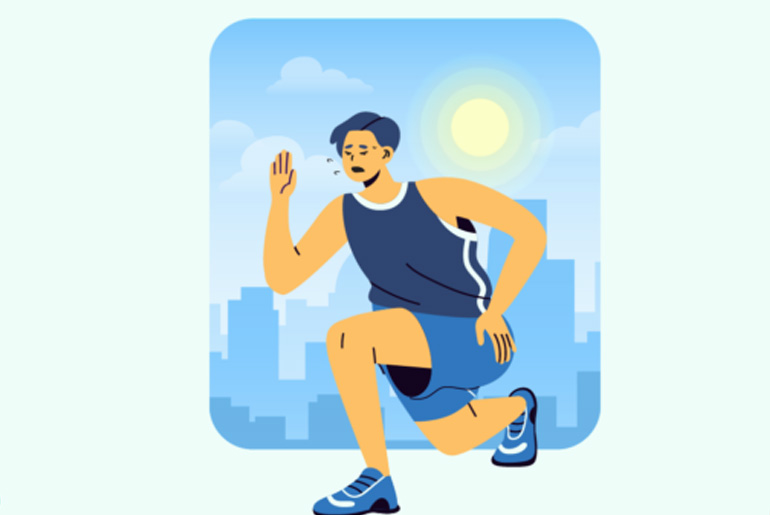If you’re struggling to get out of bed despite setting your alarm, it could be due to your chronotype, which dictates whether you’re naturally an “early bird” or a “night owl.” Our internal circadian rhythms often run slightly longer than 24 hours, which can contribute to staying up past bedtime. However, it’s possible to recalibrate your sleep schedule with consistent effort and intentional changes.
Habits can be difficult to alter, but motivated individuals can shift their sleep patterns to wake up feeling refreshed. Adopting strategies such as gradually adjusting your wake-up time, maintaining a consistent sleep schedule, and optimizing your sleep environment can help you align your sleep patterns with your desired wake-up time.
Tricks to Help You Wake Up Early in the Morning:
- Shift Your Wake-Up Time Gradually: It’s crucial not to make sudden, drastic changes to your sleep schedule. Gradually wake up 15 to 20 minutes earlier over a few days to give your body time to adjust. This method is sustainable and ensures you’re not sacrificing necessary sleep.
- Avoid Sleeping Late on Weekends: While it may be tempting to sleep in, especially if you’re sleep-deprived, staying in bed late on weekends can disrupt your natural sleep-wake cycle. Keep weekend wake-up times close to your weekday schedule, limiting extra sleep to just an hour.
- Wind Down Two Hours Before Bed: Establish a calming bedtime routine two hours before sleeping. This should involve avoiding stimulating activities like work or exercise, limiting screen exposure, and engaging in relaxing activities like reading or journaling. Optimize your bedroom environment for sleep by keeping it dark, quiet, and cool.
- Expose Yourself to Bright Light in the Morning: Exposure to natural light as soon as you wake up helps reset your internal clock. If sunlight isn’t available, consider using a light therapy box. Morning routines that include bright light help signal to your body that it’s time to be awake.
- Prepare for the Morning the Night Before: Simplify your mornings by organizing tasks the night before, such as setting out clothes, meal prepping, and preparing to-do lists. This can help you reduce stress, gain a few extra minutes of sleep, and wake up feeling more prepared.
- Limit Caffeine Intake After Lunch: Avoid caffeine about eight hours before bedtime, as its stimulating effects can interfere with sleep. If you go to bed at 10 p.m., stop drinking coffee after 2 p.m. Keeping track of how caffeine impacts your sleep can help you tailor your intake.
- Consider a Melatonin Supplement: Melatonin supplements can be helpful for adjusting your sleep-wake cycle. Start with a low dose (1–3 mg) about 1 to 1.5 hours before bedtime. If you’re shifting your sleep schedule earlier, you may need to take it even earlier. However, consult a healthcare provider first, as melatonin can have side effects and may not work for everyone.
- Seek Professional Help if Needed: If after one to three months you still struggle to wake up on time or believe a sleep disorder may be the issue, consult a healthcare professional or sleep specialist. Underlying conditions such as depression, anxiety, or sleep disorders may need addressing. Seek help sooner if sleep issues affect your safety or daily functioning.
Adopting these gradual changes, like adjusting your sleep time in small increments, creating a calming pre-bedtime routine, and limiting weekend sleep-ins, can help you wake up earlier consistently. If these changes don’t yield results, professional guidance may be necessary to identify any underlying issues.
Disclaimer:
The information contained in this article is for educational and informational purposes only and is not intended as a health advice. We would ask you to consult a qualified professional or medical expert to gain additional knowledge before you choose to consume any product or perform any exercise.







